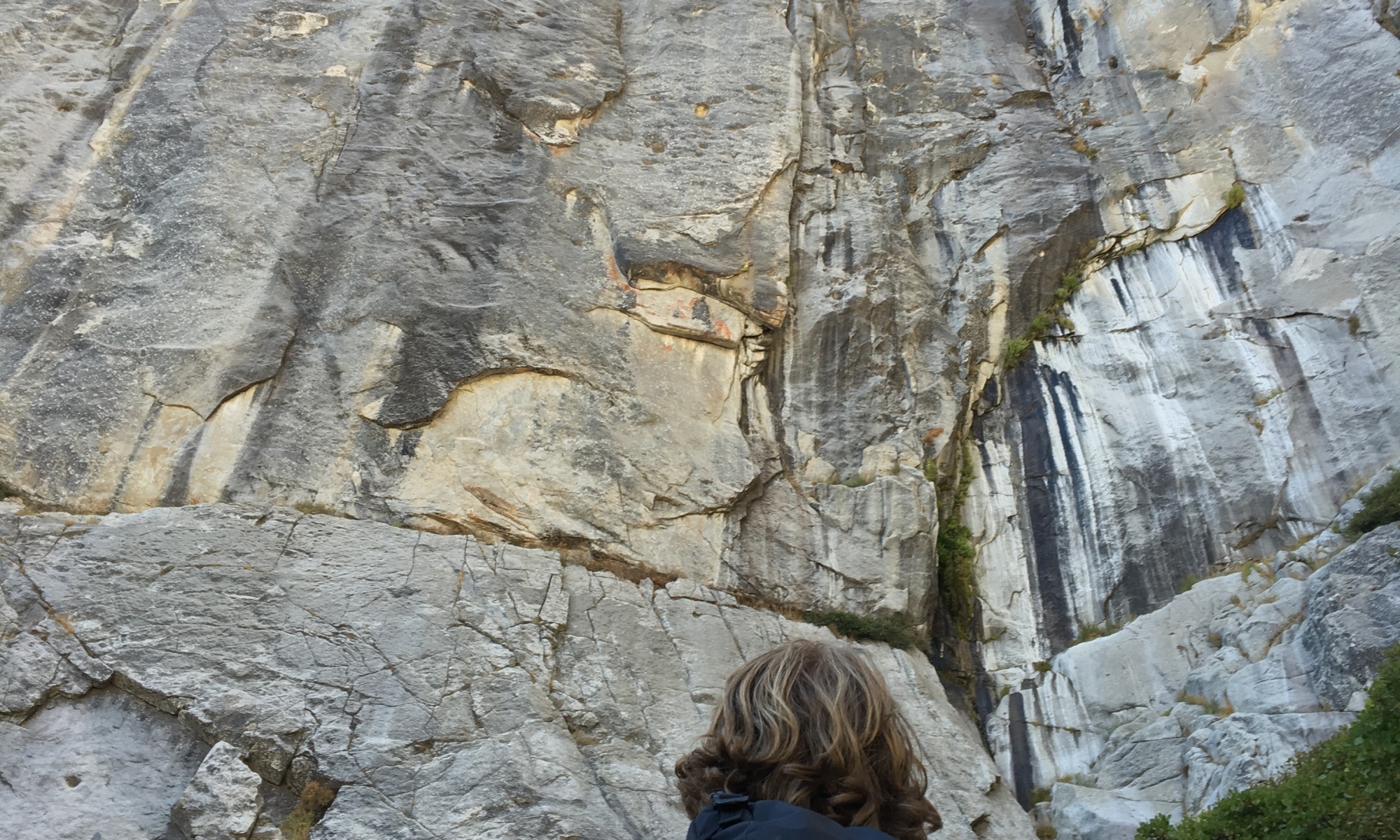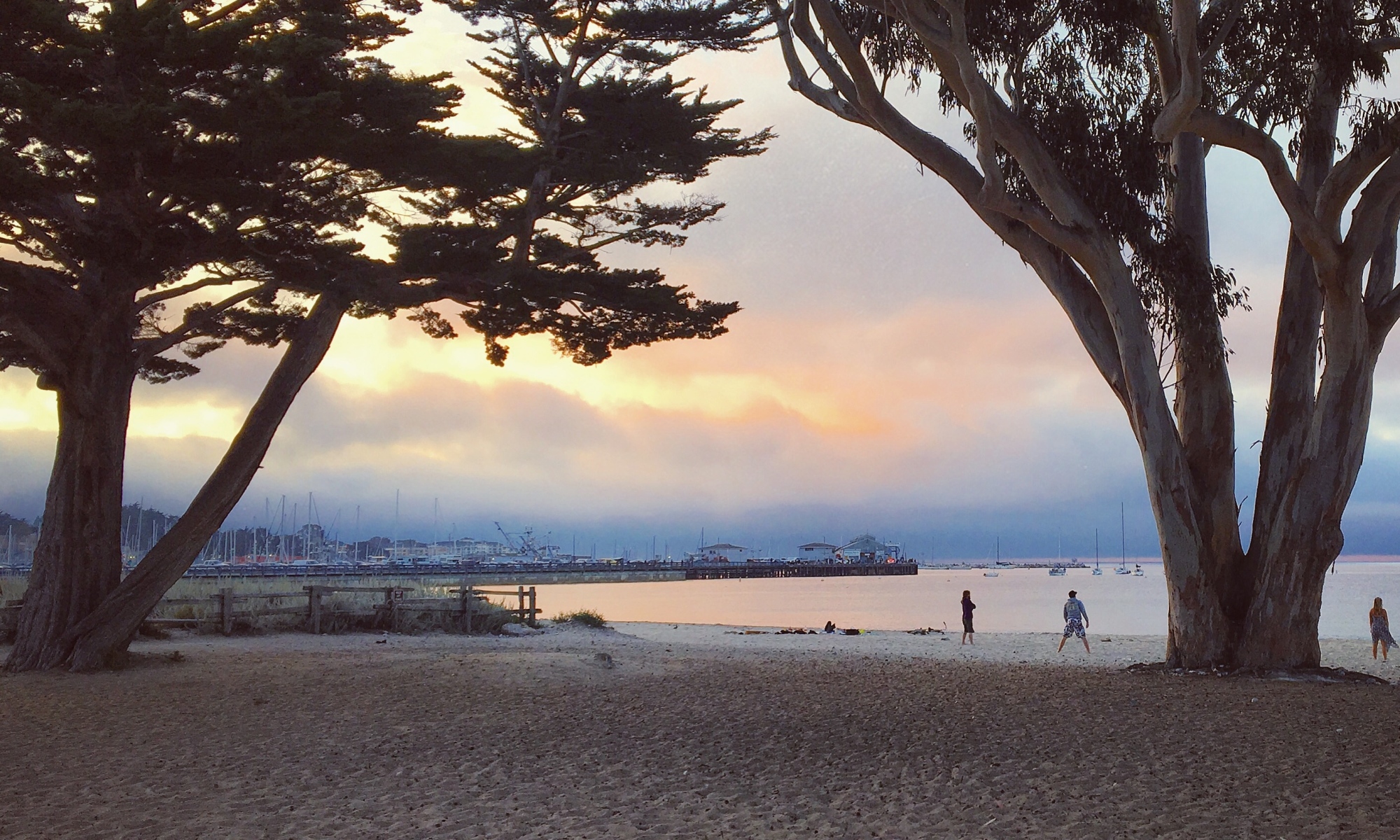Which came first–the leader or the follower?
In Burns (2007), a paradox between leader and follower is introduced and discussed. This paradox is based on the premise that occasionally (but more often than we might think), the roles of “follower” and “leader” could be reversed. Especially depending on the context of each situation, a leader in one area of life might find themselves a dutiful follower in another (Burns, 2007, p. 171).
The question is posed: “how do we distinguish conceptually between leaders and followers?” To personalize this question, perhaps we can think of instances in our own lives when we’ve played the role of ‘leader’ for one group–perhaps as a parent or older sibling at home–then we turned around and followed a leader of another group–perhaps our boss at work or a teacher. The distinction between these roles is clear, aided by a change in location and people. But what about a time when this distinction might be less apparent? Think, perhaps, of a military relationship between a private and a sergeant. There exists rigid hierarchical structure, to be sure. How often might these rigid roles become fluid in the heat of battle? (Burns, 2007)
Burns (2007), resolves this paradox in part by separating people with “unrealized wants [and] unexpressed attitudes” from those with “strong motivations to initiate action” on the other. By this definition, one person could very well be both a leader and a follower in any situation. Their leadership initiative would depend upon their natural motivations.
As a student employee, I can see this in action. Even though I am at the bottom of the totem pole within the organization, I am still making an impact in students’ lives through the decisions I make. I still manage to lead my coworkers to a small extent by encouraging them to engage in office-wide activities or by giving constructive feedback to my supervisors. My passion is the creating of community, so I express leadership through my initiation of activities that would promote community–even while I follow the job-specific leadership of my superiors.
These experiences have led me to realize how vital the flow of information and relations is between a leader and their followers. Komives (2012) examines what is necessary for an organization to experience transformative change. It starts with an individual understanding of the purpose behind organizational decisions (Komives, 2012).
She makes the point that “when leadership is not done in secret and imposed upon followers but is a collaborative and empowering process between leaders and followers, the organization can accomplish more than ever thought possible” (Komives, 2012, p.106). In such an organization, the commitment of each individual follower to organizational goals makes each of them a leader on some level.
References
- Burns, James MacGregor (2007-12-01). Transforming Leadership. Grove/Atlantic, Inc.. Kindle Edition.
- Komives, Susan R.; Wagner, Wendy (2012-06-14). Leadership for a Better World: Understanding the Social Change Model of Leadership Development. Wiley. Kindle Edition.







